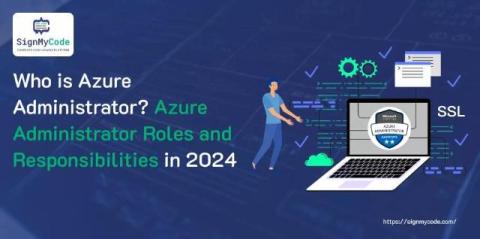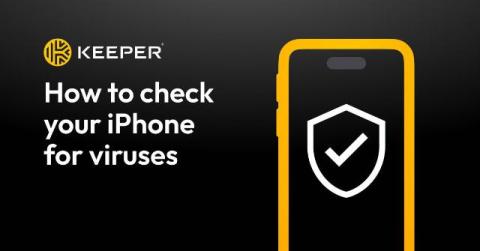How SASE Ensures Healthcare & Pharmaceutical Companies Thrive
Healthcare and pharma companies are at the forefront of our most important need as humans: saving lives. To succeed, they require highly skilled staff members, medical equipment, drugs and resources. On top of these, there is another equally crucial component that will determine their ability to perform their jobs: their network. A secure, reliable and high performing network will ensure patient safety, data integrity and operational efficiency.











